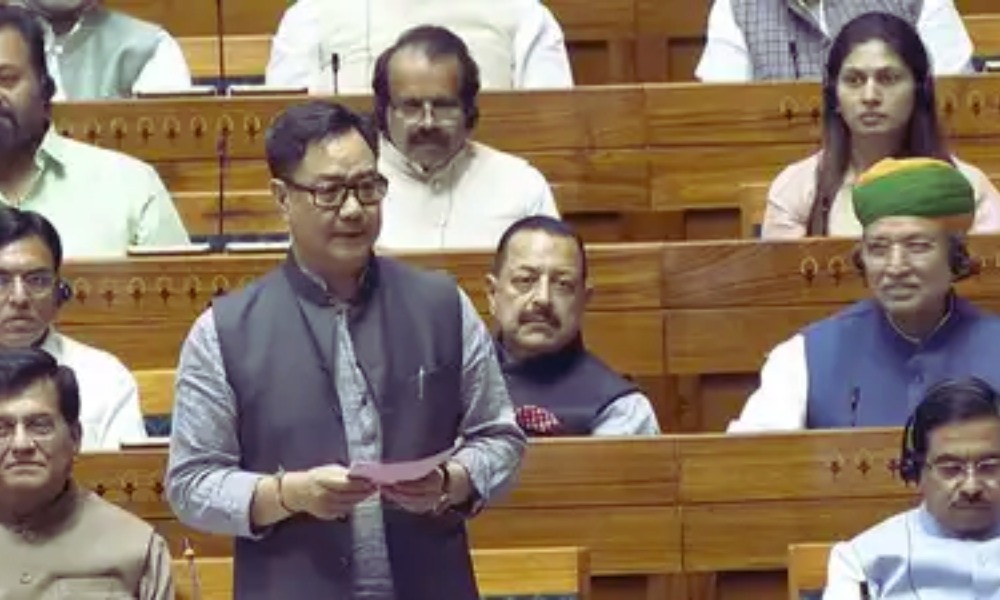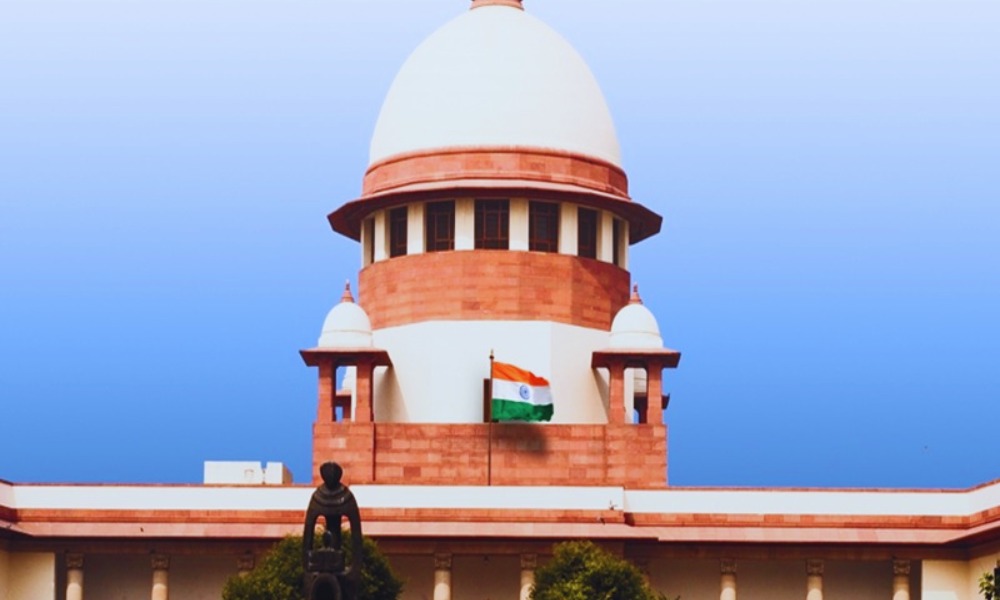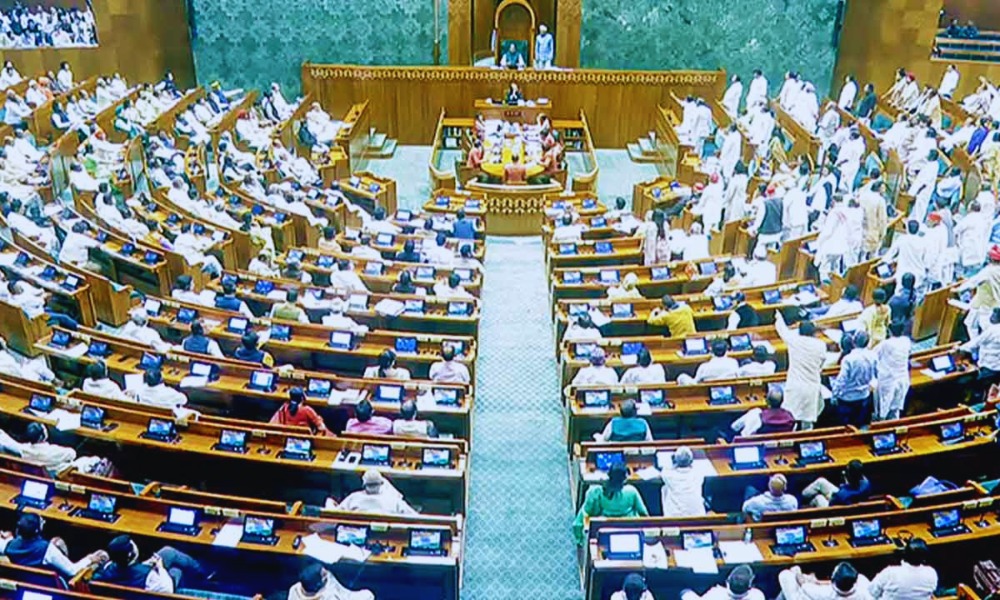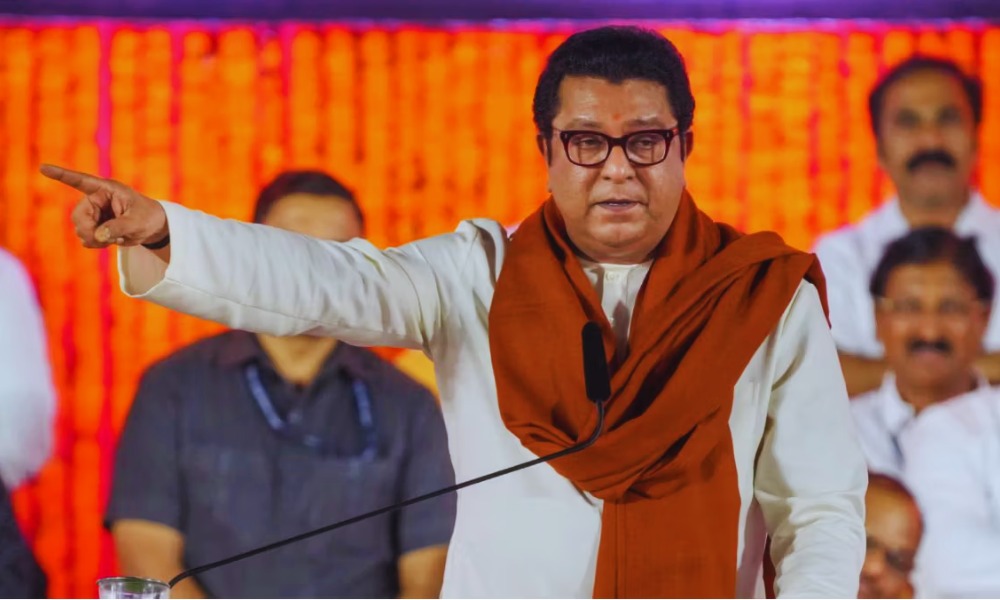Waqf (Amendment) Bill 2024 to Be Tabled in Lok Sabha Amid Opposition Pushback

Union Minister Kiren Rijiju introduced the Waqf (Amendment) Bill, 2024, in the Lok Sabha on Wednesday amid intense political tensions between the ruling NDA and the opposition INDIA bloc.
The bill, which aims to reform the management of waqf properties, has sparked strong reactions from both sides of the political spectrum.
Opposition’s Private Support for the Bill
Before presenting the bill, Rijiju claimed that several opposition members supported the bill privately while opposing it publicly. He argued that their resistance was politically motivated.
“Those who are opposing it are doing so for political reasons. Many Congress leaders and opposition parties privately say that this bill is needed, but they’re opposing it for vote bank,” he stated.
He further emphasized that the bill would be remembered as a significant initiative under Prime Minister Narendra Modi’s leadership to support the poorest Muslims in the country.
Additionally, he accused political parties and religious leaders of misleading Muslims and vowed that such misguidance would be exposed.
The Bill’s Objectives and Amendments
The Waqf (Amendment) Bill seeks to improve the administration of waqf properties, enhance efficiency, and prevent the alleged misuse of waqf boards’ powers.
Initially introduced in August 2024, the bill faced strong opposition and was subsequently sent to a Joint Parliamentary Committee (JPC) for review.
Following extensive deliberations, the JPC approved 14 amendments while rejecting 44 proposed by opposition MPs. The amendments aim to:
- Rename the Waqf Act
- Update the definitions of waqf
- Reform the registration process
- Integrate technology to streamline record management
Despite these changes, opposition parties have strongly criticized the bill, arguing that it is unconstitutional and discriminatory against Muslims.
Opposition’s Resistance and Walkout
The INDIA bloc has voiced significant concerns over certain provisions, particularly those related to increased centralization of control over waqf properties.
The opposition also objected to the limited time allocated for discussion on the bill.
The Business Advisory Committee (BAC), chaired by Lok Sabha Speaker Om Birla, allocated only eight hours for the debate, despite the opposition’s request for twelve hours. This led to a walkout by opposition members from the BAC meeting on Tuesday.
INDIA bloc leaders have since strategized their response and are united in voting against the bill. The debate on the bill is scheduled to begin at noon today.
NDA’s Strength in Lok Sabha
With 293 members in the Lok Sabha, including 240 from the BJP, the NDA is confident of passing the bill despite the opposition’s resistance. However, Congress and other opposition parties remain determined to challenge it.
Why the Waqf Bill is Controversial
A waqf is a religious or charitable donation, usually in the form of property, made by Muslims. These donations, often without formal documentation, support mosques, graveyards, madrasas, and orphanages.
Key Points of Contention:
- Inclusion of Non-Muslim Members: The bill proposes altering the composition of the Central Waqf Council and state waqf boards by mandating the inclusion of non-Muslim members. Critics argue this change threatens the autonomy of waqf bodies.
- Dispute Resolution Over Waqf Properties: The bill grants senior state officials the authority to determine property ownership, replacing district collectors as originally proposed.
- Waqf Tribunal Composition: The proposed inclusion of a district judge and a state government official in waqf tribunals has raised concerns about government influence.
- Removal of ‘Waqf by User’ Clause: The bill eliminates the clause that recognized properties used for religious purposes over time as waqf, potentially affecting numerous existing waqf properties.
Political Reactions and Future Course
Prime Minister Narendra Modi’s government has defended the bill, asserting that it introduces transparency in waqf property management.
However, opposition parties and Muslim groups claim that the bill seeks to weaken the constitutional rights of India’s largest religious minority.
Initially introduced in August 2024, the bill was sent to the JPC following strong opposition. The revised version incorporates 25 changes recommended by the committee. If passed in the Lok Sabha, the bill will move to the Rajya Sabha for further discussion and approval.
Opposition’s Unanimous Stand
Congress leader Mallikarjun Kharge has declared that the opposition is united against what they consider an unconstitutional and divisive agenda.
Muslim organizations argue that the bill is an attempt to undermine waqf laws and facilitate government takeover of waqf properties.







